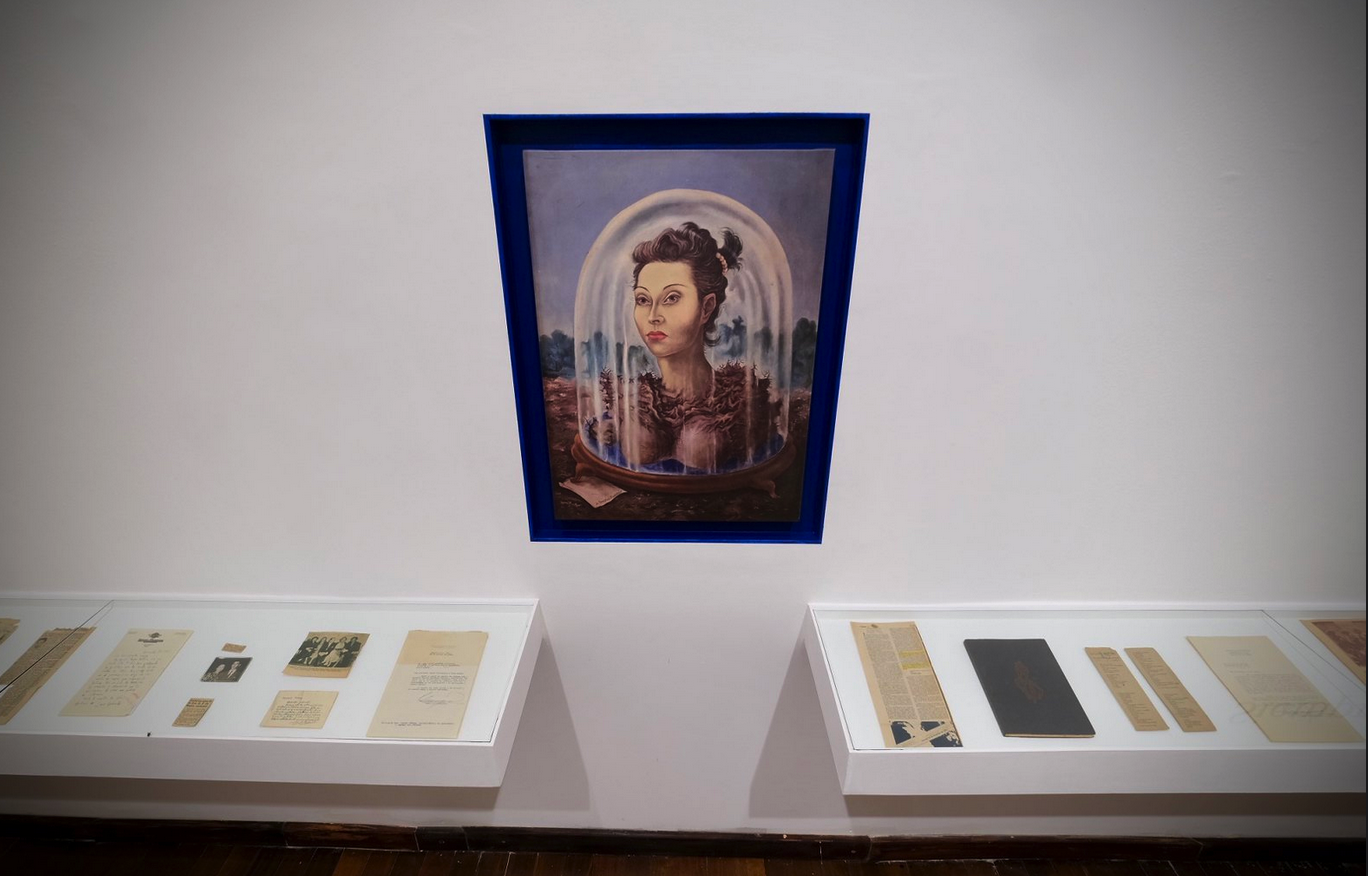

Alejandro Cámara Frías, curator
If a ghost could talk, what would it say to us? Rather, what messages would we receive if we could hear it? Can a series of actions in the present heal any wounds of the past? Can the past, by revealing itself, impact the future and re-inhabit the present? How does one restore and make sense of the fragmentary or systematically erased histories of those women who came before us?
Such questions, I imagine, are the ones that have accompanied Bárbara Lázara (Mexico City, 1976) beginning in 2006 and have materialized in various actions since 2016. Specifically, this exhibition is the first unfolding of the intense research that Lázara has conducted around her great-grandmother, the writer, agent, journalist and self-taught poet Olivia Zúñiga (1910-1990), daughter of the revolutionary general Eugenio Zúñiga, after whom the current municipality of Tlajomulco was named.
Olivia Zúñiga, endowed with a radically autobiographical writing and an unabashed beauty, produced discomfort among her contemporaries, if not outright incomprehension. In Barbara’s words, Olivia “was an exceptional writer who challenged the status quo of Jalisco morality, who managed to publish, and publish exquisitely, at a time when everything that was her was inappropriate”. What today could be considered a visionary work of denunciation, self-fictional, interdisciplinary and exemplary of female agency, remains nearly forgotten.
Against the cancellation of her great-grandmother’s personal and historical memory, Bárbara Lázara undertook a series of investigations in which she made Olivia’s magnitude and transcendence. Through archival material, the artist speculates, among other things, on Zúñiga’s strategies to influence the cultural life of her time, strategically moving her professional and sentimental relationships with various political and artistic actors. All this, in an environment of systematic misogyny in mid-twentieth century Mexico, but in which Olivia Zúñiga’s name continues to appear alongside other important agents, from Mathias Goeritz to President Lázaro Cárdenas.
Presented by her great-granddaughter, Bárbara Lázara, this production is developed in two parts: the first focuses on historical and archival research that proposes a re-reading of Olivia Zúñiga’s legacy; the second involves a video installation that ties in with spiritual alterity practices. It is presented as an invocation that mediates between worlds and merges both artists in the same time, through a dramatic character that carries a gun, shoots capelos, but also bleeds and reappears in the real estate developments found today in General Zúñiga’s homeland.
Such practices constitute a resistance to the constant institutional disarticulation of memory. The bridges built between Olivia Zúñiga’s literature and Bárbara Lázara’s artistic production declare the importance of self-narrating in the public sphere. By making research go through the body and approaching one’s own biography as working material, both artists operate an autoethnography that recovers personal history as a form of rebellious expression. In this town of murmurs, voices continue to be heard. Olivia Zúñiga is present. For a moment, let us listen.